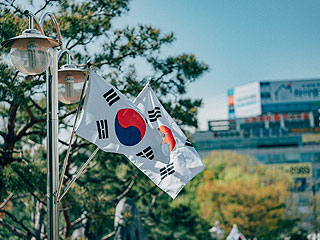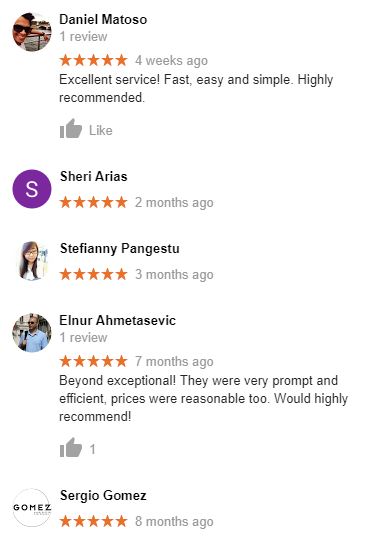Korean Translator
Upload your documents here for translationKorean Translation Services
 Korean translators - Our NAATI Korean translators provide fast and accurate Korean translation services.
Korean translators - Our NAATI Korean translators provide fast and accurate Korean translation services.
NAATI Korean translator - All Korean translation services we provide are prepared by experienced NAATI Korean translators.
Korean translator service - Melbourne Translation Services Korean translators deliver Korean document translation with a 100% acceptance rate for migration and legal purposes in Australia.
NAATI Korean Translators
Professional translation services for both Korean to English translation and English to Korean translation.
- Fast turnaround times for Korean translation
- Vetted NAATI Korean translators with many years' experience
- Certified Korean translations delivered to Melbourne and Australia-Wide
- Official translation from a translation company
Our Korean NAATI translators are full-time NAATI translators and experts in migration translation and legal document translation service in Australia.
Documents Translated
| Korean brochure translation | Korean marriage certificate translation | Korean birth certificate translation | Korean passport translation services |
| Academic transcript translation | Korean degree translation | Korean diploma translation | Korean driving licence translation |
| Bank statement translation | Korean payslip translation | Korean police clearance translation | Korean death certificate translation |
| Electricity bill translation | Water bill translation | Utility and phone bills translation | Divorce certificate translation |
| Korean medical translation | Single status certificate translation | Deeds and will translation | Korean Technical translation |
| Migration documents | Financial documents | Korean legal contracts | Emails, Messages and Letters |
- Sydney
- Melbourne
- Brisbane
- Perth
- Canberra
- Darwin
- Hobart
- Adelaide
- Wollongong
- Newcastle
- Cairns
Our Korean translators assist organisations and businesses in Korean translation of brochures, labels, namecards, flyers and packaging material.
Read more about our Korean translation and typeset services and advertising and marketing translation services.
More About The Korean Language
There are seven verb paradigms or speech levels in Korean, and each level has its own unique set of verb endings which are used to indicate the level of formality of a situation. Unlike honorifics—which are used to show respect towards the referent (whom you are talking about) —speech levels are used to show respect towards a speaker's or writer's audience (whom you are talking to). The names of the seven levels are derived from the non-honorific imperative form of the verb 하다 (hada, "do") in each level, plus the suffix 체 ("che", hanja: 體), which means "style".
The highest six levels are generally grouped together as jondaenmal (존댓말), while the lowest level (haeche, 해체) is called banmal (반말) in Korean.
In traditional society, Korean women often place themselves in a position of powerlessness, and this in turn is observed in their everyday speech patterns. Some examples of this can be seen in: (1) a woman’s use of softer tone in order to minimize conflict or aggression; (2) a married woman introducing herself as someone’s mother or wife, not with her own name; (3) the presence of gender differences in titles and occupational terms (for example, a sajang is a company president and yŏsajang is a female company president.); (4) and females sometimes using more tag questions and rising tones in statements, much like the way that young children talk.
In western societies, individuals will avoid expressions of power asymmetry, mutually addressing each other by their first names for the sake of solidarity. Between two people of asymmetrical status in a Korean society, people tend to emphasize differences in status for the sake of solidarity. Koreans prefer to use kinship terms rather than any other terms of reference. In traditional Korean society, women have long been in disadvantaged positions. Korean social structure traditionally consisted of a royal monarch, a patriarchically dominated family system that emphasizes the maintenance of family lines. This structure has tended to separate roles of women from those of men.

Our Valued Clients

